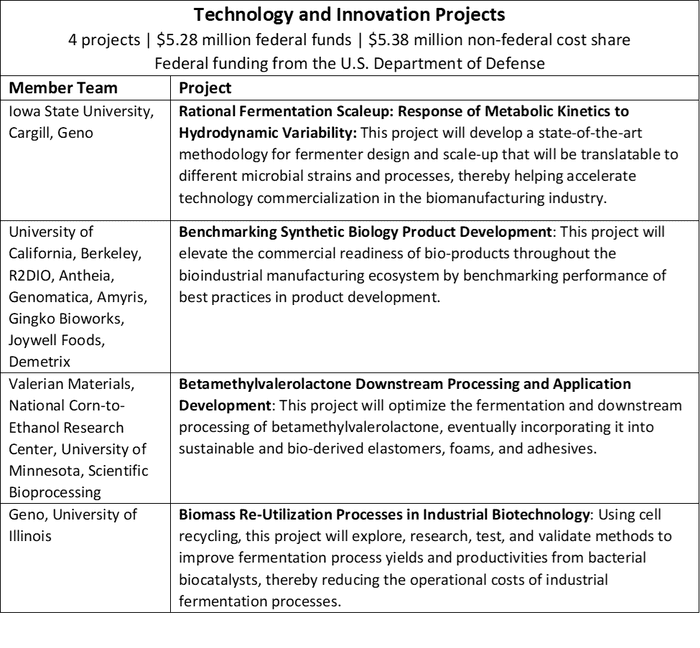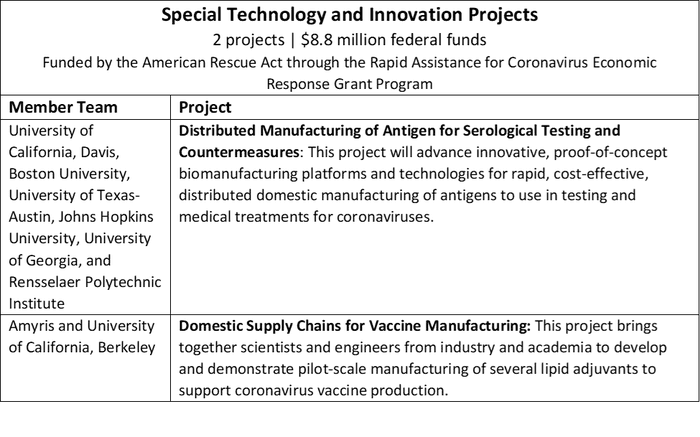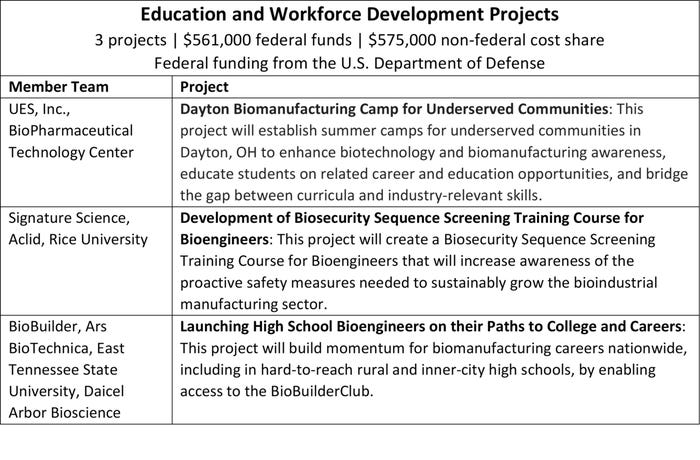
The US government will invest over $2 billion to launch its biomanufacturing initiative, which aims to expand manufacturing capacity in the country and ensure pandemic preparedness.
The Executive Order was signed by President Biden on Monday and outlines the key goals of the biomanufacturing initiative. Overall, the Order looks to strengthen the country’s supply chain in the biopharma space and to reduce reliance on foreign manufacturing for the drug industry.
Biden said it is the policy of his Administration to “improve and expand domestic biomanufacturing production capacity and processes, while also increasing piloting and prototyping efforts in biotechnology and biomanufacturing to accelerate the translation of basic research results into practice.”

Images/AdobeStock
Biden’s focus hopes to secure and protect the US bioeconomy as well as prepare for future pandemics “by adopting a forward-looking‑, proactive approach to assessing and anticipating threats, risks, and potential vulnerabilities (including digital intrusion, manipulation, and exfiltration efforts by foreign adversaries), and by partnering with the private sector and other relevant stakeholders to jointly mitigate risks to protect technology leadership and economic competitiveness.”
BioMADE
Much of the allocation of funding has not yet been disclosed, but $20.6 million from the initiative will be distributed to independent, nonprofit Manufacturing Innovation Institute BioMADE to support nine tech and innovation projects.
According to BioMADE, the nine projects are “consistent” with the aims of the recently signed executive order, which looks to create secure and robust supply chains, create jobs, expand marketing opportunities for bio-based manufacturing, and decrease prices for Americans by upping biomanufacturing capacity.
The nine projects as detailed by BioMADE:



“The projects announced today will elevate the commercial readiness of bio-products, optimize chemicals for bio-derived foams and adhesives, and develop state-of-the-art methodology for fermenter design that will accelerate technology commercialization across the bioindustrial manufacturing industry,” said Douglas Friedman, CEO at BioMADE.
“They will also help build a skilled workforce to fill new jobs created in the growing domestic bioeconomy by establishing biotechnology-focused summer camps for underserved communities, creating a training course for biosecurity in bioengineering, and launching high school bioengineers in rural and inner-city high schools on paths to college and careers.”
About the Author
You May Also Like









